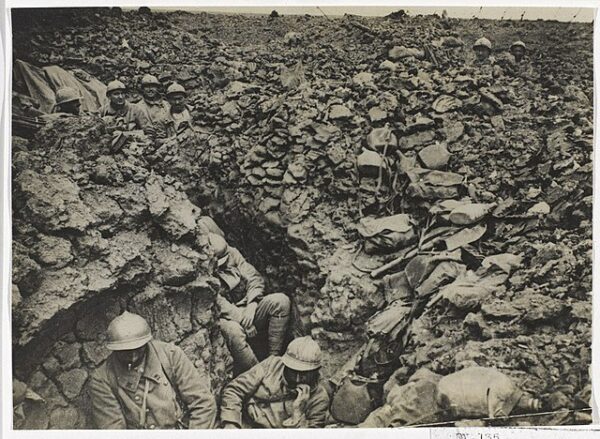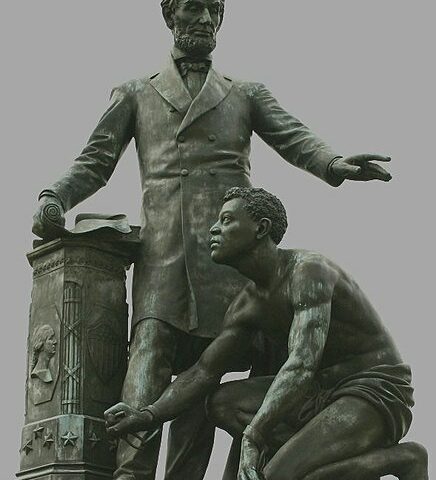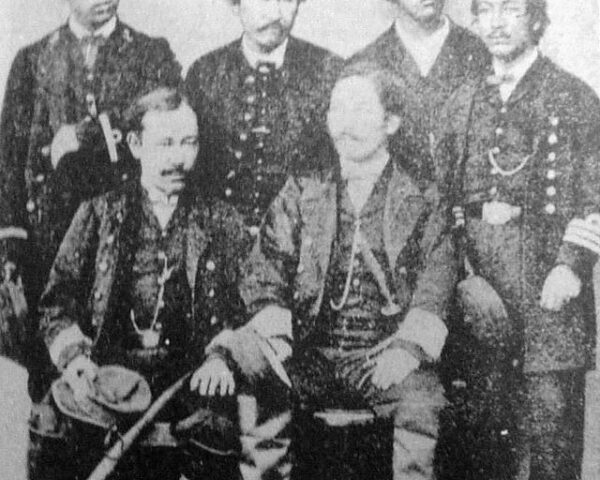The Battle of Verdun, one of the most grueling and catastrophic battles of World War I, came to an end on December 18, 1916. After ten months of relentless combat, the second French counteroffensive successfully pushed German forces back by two to three kilometers,…
Read MoreDecember 18, 1865, Secretary of State William Seward officially proclaimed the Thirteenth Amendment ratified, officially ending slavery in the United States. Seward’s announcement was especially fulfilling to the New Yorker, who had spent much of his adult life fighting for the end of slavery.…
Read MoreOn December 17, 1903, on a cold, wind-swept stretch of sand near Kitty Hawk, North Carolina, two bicycle makers from Dayton, Ohio quietly altered the trajectory of human history. Orville and Wilbur Wright achieved what generations of inventors, engineers, and dreamers had failed to…
Read MoreOn December 17, 1983, London witnessed one of its darkest days when a car bomb exploded outside Harrods Department Store, killing six people and injuring nearly 100 others. The Provisional Irish Republican Army (IRA), a paramilitary group advocating for Irish unification, orchestrated the attack.…
Read MoreMohamed Bouazizi, a Tunisian street vendor born on March 29, 1984, became an unwitting symbol of resistance and change when he set himself on fire on December 17, 2010. His tragic act was a desperate response to the constant harassment and corruption he faced…
Read MoreOn December 16, 1653, Oliver Cromwell formally assumed the title of Lord Protector of the Commonwealth of England, Scotland, and Ireland, marking the beginning of the English Protectorate and one of the most paradoxical chapters in British constitutional history. Less than four years after…
Read MoreOn December 16, 1944, the serene winter landscape of the Ardennes forest erupted into chaos as German forces launched a massive surprise assault on Allied troops. This confrontation, known as the Battle of the Bulge, became one of the most critical turning points of…
Read MoreThe most famous ‘tea party’ ever took place on the evening of December 16, 1773, in Boston Harbor, Massachusetts. The Sons of Liberty, led by Samuel Adams, writes The History Channel, rallied “against British Parliament and protested the Griffin’s Wharf arrival of Dartmouth, a British East…
Read MoreOn December 15, 1869, in the far northern reaches of Japan, a fragile and unprecedented political experiment briefly took shape. In the Ezo region—modern-day Hokkaido—a group of former Tokugawa loyalists proclaimed the Republic of Ezo, marking Japan’s first attempt to establish a government modeled,…
Read MoreIn the lively streets of late 19th-century New York City, the air was filled with the enticing aromas of roasted chestnuts and sizzling sausages, blending with the vibrant calls of street vendors selling their goods. Among these vendors was Italo Marchiony, an Italian…
Read More










